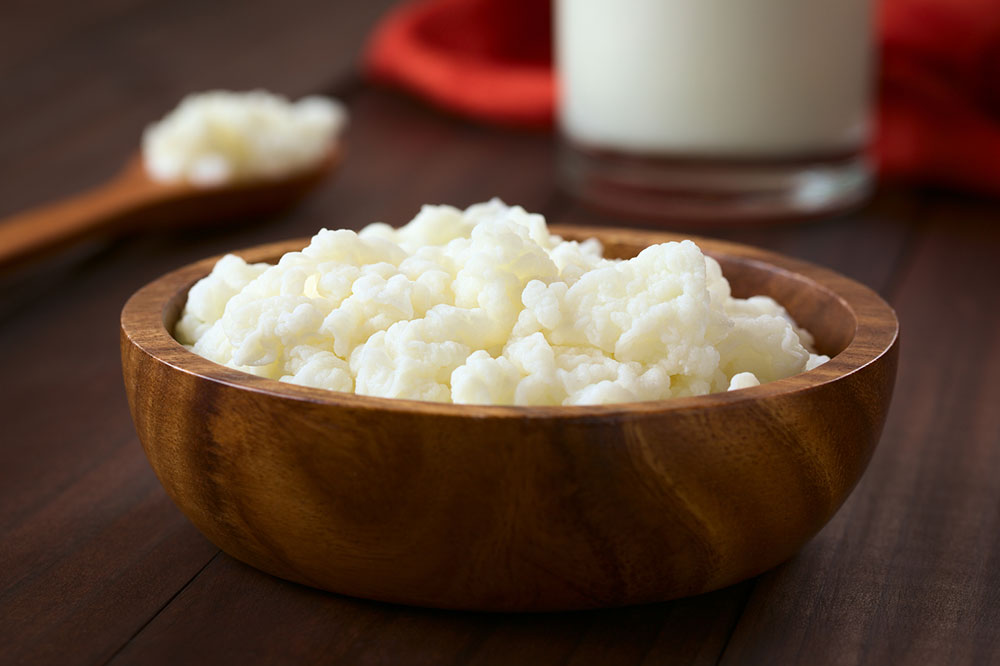Top 10 Natural Tips to Boost Digestive Well-Being
Discover 10 natural and effective ways to improve your digestive health. From staying hydrated and eating balanced meals to managing stress and incorporating probiotic foods, these practical tips can help alleviate common digestive issues. Implementing these strategies promotes better gut function, reduces discomfort, and boosts overall wellness for a healthier lifestyle.

Top 10 Natural Tips to Boost Digestive Well-Being
Achieving good health depends significantly on strong digestive function, vital for daily energy and overall wellness. Digestive issues like constipation, bloating, and discomfort can hinder quality of life. Fortunately, natural and home-based remedies can help improve gut health. Following expert-recommended tips can support your digestive system and promote better health. Incorporating simple lifestyle changes and dietary habits not only alleviates symptoms but also prevents future problems, ensuring a healthier, happier life.
1. Keep Hydrated
Drinking sufficient water is a fundamental way to support digestion. Prefer bottled water when on the go to avoid contaminated sources. Avoid ice, which could contain impurities, and focus on regular water intake to help your body eliminate waste and maintain fluid balance, essential for healthy digestion.
2. Consume a Balanced Diet
Your diet directly influences your digestive health. Focus on eating fresh, unprocessed foods to support gut function. limit processed foods high in sugars, which can disrupt digestion. Emphasize whole foods rich in nutrients to promote a healthy gut environment.
3. Eat Smaller, More Frequent Meals
Large meals can overtax your digestive system. Instead, opt for smaller portions spread throughout the day. This approach allows your stomach to process food more efficiently, reducing discomfort and ensuring consistent nutrient absorption.
4. Engage in Regular Exercise
Staying active helps move food through your digestive tract. Daily activities like walking, cycling, swimming, or hiking stimulate digestion and aid waste elimination, contributing to gastrointestinal health.
5. Manage Stress Effectively
Chronic stress can impair digestion. Practice mindfulness, problem-solving, and relaxation techniques to keep stress levels in check. Building emotional resilience supports gut health along with overall well-being.
6. Reduce Spicy Food Intake
Excessive spice, including chili, garlic, and onions, can cause heartburn, stomach pain, and diarrhea. Moderation is key, especially if you experience digestive issues. Limiting spicy foods helps soothe your gastrointestinal system.
7. Recognize Personal Food Triggers
Certain foods such as citrus, tomatoes, onions, wheat, or dairy may cause digestive problems. Keeping a food diary helps identify these triggers. Avoiding them can minimize symptoms of indigestion or IBS.
8. Monitor Your Drink Choices
Caffeinated beverages like coffee, tea, and sodas may increase acid and cause discomfort. Opt for herbal teas and plain water instead. Limiting fizzy drinks can also reduce bloating and other digestive symptoms.
9. Include Probiotic-Rich Foods
Probiotics introduce beneficial bacteria into your gut, improving digestion and immune function. Natural sources include yogurt, kefir, and fermented foods. Regular consumption for several weeks can positively impact gut health.
10. Increase Dietary Fiber
Fiber enhances digestion and prevents constipation. Incorporate whole grains, beans, fruits, and vegetables into your meals. For some, initial bloating from grains may occur—then, sourcing fiber from fruits and veggies can be more suitable. Consult healthcare providers for personalized advice.










